Speakers
Our bold ideas and better solutions presentations and discussions this year will focus on ‘Participation with Dignity’. Each online session will feature the latest interdisciplinary research and emerging ideas informing and promoting participation and dignity in all life domains and disability and rehabilitation practices and services. The sessions will also showcase the value and importance of meaningful citizen and clinical engagement in research.
Session 1
.png) |
Mr Graeme Innes AM - Lawyer, Author, and Company Director |
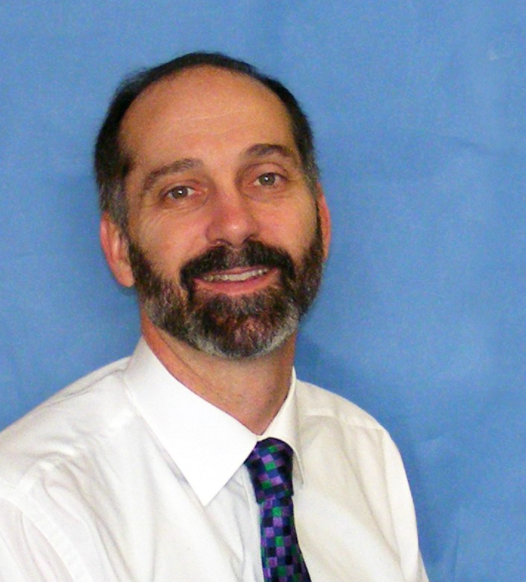 |
Professor James Middleton MBBS, PhD, FAFRM(RACP)
Professor Middleton is Clinical Director of the NSW State Spinal Cord Injury Service and also holds an academic appointment as Professor of Rehabilitation Medicine at the John Walsh Centre for Rehabilitation Research, Kolling Institute of Medical Research, Northern Sydney Local Health District and Faculty of Medicine and Health, The University of Sydney. He is also Senior Medical Specialist for the Spinal Outreach Service, based at Royal Rehab. |
 |
A/Professor Jennifer Smith-Merry
Dr Jennifer Smith-Merry is Associate Professor in the Sydney School of Health Sciences within the Faculty of Medicine and Health at the University of Sydney. Jen is Director of the Centre for Disability Research and Policy (CDRP), a multi-disciplinary centre whose mission is to make life better for people with disability in Australia by translating research to policy and practice. Jen is chief investigator on multiple grants which evaluate or develop policy and services in disability and mental health. She works closely with people with lived experience of disability and has a strong interest lived experience-informed policy and service design. |
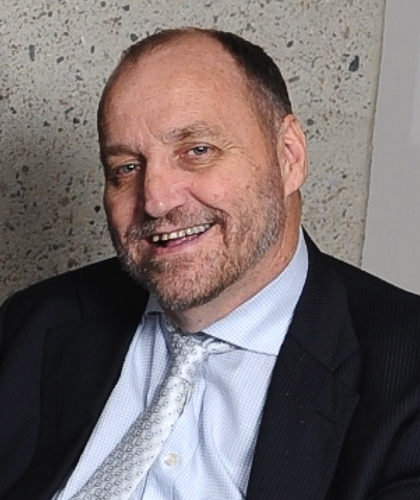 |
Kevin Cocks AM, D.Univ Kevin Cocks AM D.Univ is a well-respected champion of human rights. He has dedicated himself to pushing for an inclusive, accessible and diverse Queensland through legislative and policy reform and State-wide advocacy. Until recently, he was the Queensland Anti-Discrimination Commissioner. In February 2018, his term of appointment came to an end as Queensland’s Anti-Discrimination Commissioner, but he will now continue to push for evidence-based reform through his important role as Patron of The Hopkins Centre. Read more here. |
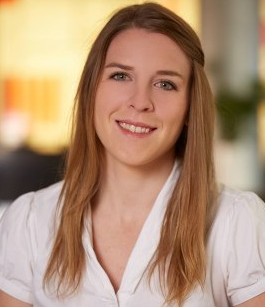 |
Kelsey Chapman, Dignity Project Research Lead, Researcher and PhD Candidate at The Hopkins Centre, MHIQ, Griffith University
Kelsey is the research lead of The Dignity Project Flagship program at The Hopkins Centre. She is also the lead researcher on a new collaboration with the Department of Transport and Main Roads. Kelsey specialises in human rights research, disabilty research and rights, critical disability theory, and dignity theory. She has extensive experience in ethics, governance, and data management and security as well as supporting fellow researchers in project and research management. |
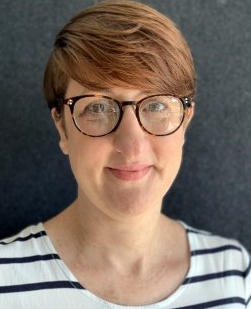 |
Dr Grace Bitner, Research Fellow, The Hopkins Centre, MHIQ, Griffith University
Grace has over a decade of experience researching in the area of design for disability, health, and aging. She is passionate about translating research into the creation of communities that are healthier, more sustainable, and socially inclusive for people of all ages and abilities. Her work in the area of design for disability has given her both a depth and breadth of knowledge of the policies, practices, and systems central to the sector. Read more here. |
 |
Gary Allen, Senior Policy Officer, Research Ethics and Intergrity, Office for Research, Griffith University
Gary has worked in the human research ethics area since 1997, working with a number of research institutions, state and federal departments, private companies and research ethics committees in Australia, Canada, the United Kingdom and Vietnam. He has a degree in education and a professional doctorate in social sciences. His doctoral thesis on the establishment of positive institutional research ethics arrangements was recognised with an Outstanding Doctoral Thesis Award from the Queensland University of Technology. Gary has a full-time and ongoing position as a Senior Policy Officer at the Office for Research, Griffith University, Queensland, Australia.
|
.jpg) |
Dr David Borg, Research Fellow, The Hopkins Centre, MHIQ, Griffith University
Dr Borg is a Research Fellow in Disability and Rehabilitation at The Hopkins Centre, Menzies Health Institute Queensland. He joined Griffith University in 2019 and was awarded my Doctor of Philosophy in Exercise Science from the Queensland University of technology in late 2019. He is the lead Research Fellow in the Access and Service Transitions Program, working on the Trajectories of Rehabilitation across Complex Environments (TRaCE) project. The TRaCE project is a prospective cohort study of access and wellbeing in spinal cord injury and acquired brain injury populations. David's research interests are directed toward understanding the regulation of fatigue and exercise performance in healthy and clinical populations. I am also interested in the application of principled statistics in Exercise Science research. |
 |
Tim McCallum, Ambassador, The Hopkins Centre, Citizen Researcher and International Singer |
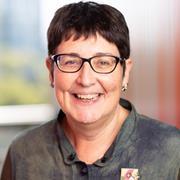 |
A/Professor Jennifer Cartmel, Senior Lecturer in the School of Health Sciences and Social Work, Griffith University |
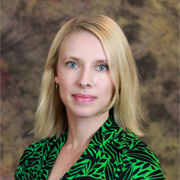 |
Dr Jessica Paynter, Clinical Psychologist and Senior Lecturer, Griffith University
Jessica's research focus is on the development, evaluation, and dissemination of evidence-based assessment and interventions for children with autism spectrum disorder and other developmental disabilities. |
.jpg) |
Laura Irvine-Brown, Lecturer School of SHS - Occupational Therapy, Griffith University
Laura Irvine-Brown has completed research exploring occupational therapy practice in non-traditional settings and roles, specifically community development. She has a special interest in community development and in analysing (and ideally intervening at) macro and meso level structural factors that impact on opportunities for people to do things they want, need and have to do (i.e. occupations). She is an advocate for equitable occupational possibilities for all groups of people within society, with a particular interest in working with people from culturally and linguistically diverse backgrounds, including First Nation’s People and asylum seekers and refugees. Ms Irvine-Brown teaches into the occupational therapy program at Griffith University where she convenes a course bringing together social justice and occupational therapy, which aims to develop students’ structural competency and cultural humility. Ms Irvine-Brown’s work developing this course has been presented nationally, and has been published internationally. |
Session 2
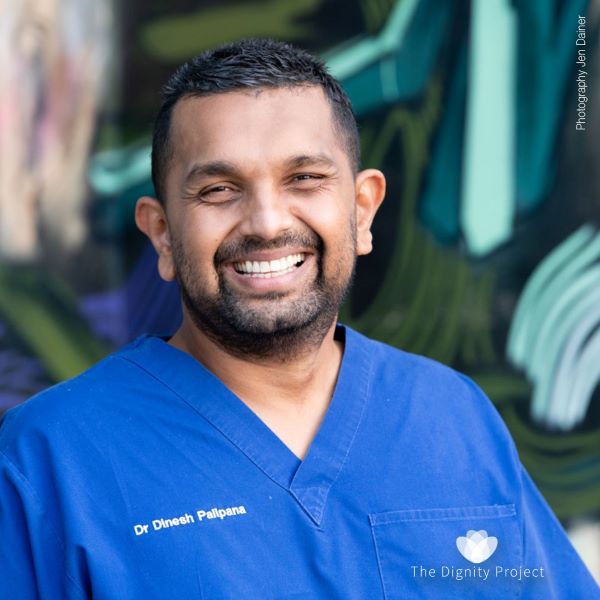 |
Dr Dinesh Palipana, Emergency Doctor and Researcher, BioSpine Project Dinesh was the first quadriplegic medical intern in Queensland and the second person to graduate medical school with quadriplegia in Australia. Dinesh is a doctor, lawyer, disability advocate, and researcher. Halfway through medical school, he was involved in a motor vehicle accident that caused a cervical spinal cord injury. Dinesh has completed Advanced Clerkship in Radiology at the Harvard University. As a result of his injury and experiences, Dinesh has been an advocate for inclusivity. He is a founding member of Doctors with Disabilities Australia. Dinesh works in the emergency department at the Gold Coast University Hospital. He is a senior lecturer at the Griffith University and adjunct research fellow at the Menzies Health Institute of Queensland. Dinesh is a researcher in spinal cord injury. He is a doctor for the Gold Coast Titans physical disability rugby team. Dinesh is a senior advisor to the Disability Royal Commission. Dinesh was the Gold Coast Hospital and Health Service’s Junior Doctor of the Year in 2018. He was awarded the Medal of the Order of Australia in 2019. He was the third Australian to be awarded a Henry Viscardi Achievement Award. Dinesh was the Queensland Australian of the Year for 2021. Dinesh’s socials:
|
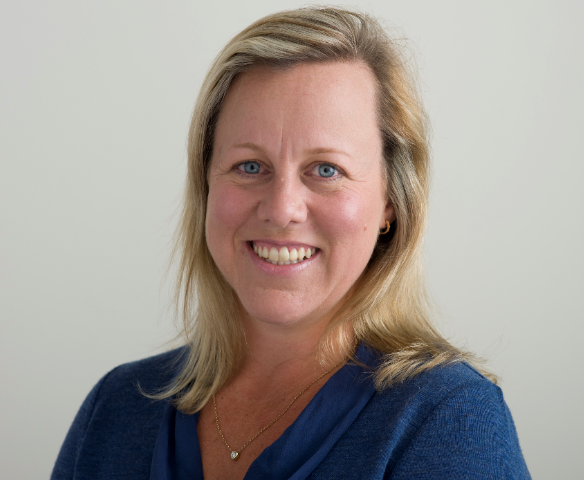 |
A/Professor Libby Callaway, Senior Occupational Therapist
Libby is a senior occupational therapist with over 25 years’ experience working with people with neurological disability, across both inpatient and community settings in Victoria and the United States. She has a strong interest in service co-design with people with disability, and delivery of innovative housing, technology and support design, and workforce development, for independent living. |
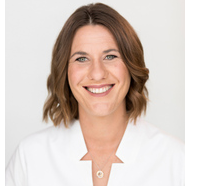 |
A/Prof Claire Ashton-James, Pain Management Research Institute, Northern Clinical School
Dr Ashton-James is Social Psychologist whose research aims to evaluate and improve healthcare delivery for the benefit of both patients (treatment outcomes) and clinicians (wellbeing and job satisfaction). Dr. Ashton-James conducted her PhD research at UNSW (Australia) and Duke University (USA). She was a post-doctoral fellow at the University of British Columbia (Canada) before moving to The Netherlands to work as an Assistant Professor at the University of Groningen, and later, the Free University of Amsterdam (Department of Psychology and the VU Medical Center Amsterdam). Read more here. |
 |
Dr Daniel Harvie, Research Fellow, The Hopkins Centre in the Menzies Health Institute QLD at Griffith University
Daniel's main focus is the investigation of central nervous system contributions to persistent pain, and the development of brain-based treatments for preventing and treating persistent pain, including those that involve sensory re-training, virtual reality, and education. Read more here |
.jpg) |
Dr Camila Shirota, Advanced Queensland Fellow, The Hopkins Centre, MHIQ, Griffith University Camila Shirota received her Ph.D. degree in Biomedical Engineering from Northwestern University while working at the Rehabilitation Institute of Chicago. During her Ph.D., she investigated able-bodied and above-knee amputee balance recovery from tripping perturbations during walking. She was then a post-doctoral researcher at ETH Zurich, where she was involved in studies using powered exoskeletons to better understand unimpaired walking, and to restore locomotor function in people with spinal cord injury. She was also a researcher at the University of Zurich, where she studied the use of technology to support unsupervised gait training in stroke survivors. Read more here.
|
.jpg) |
Soo Oh, Project Manager, The HabITec Lab Soo Oh has been working as an Occupational Therapist in spinal cord injury for 17 years. Her general research and work expertise are in providing technological solutions of existing technologies and innovative technologies to people with various challenges to enhance their daily living. She is currently enrolled MPhil student at Griffith University, researching in studying oedema management in the hands of people with tetraplegia.
|
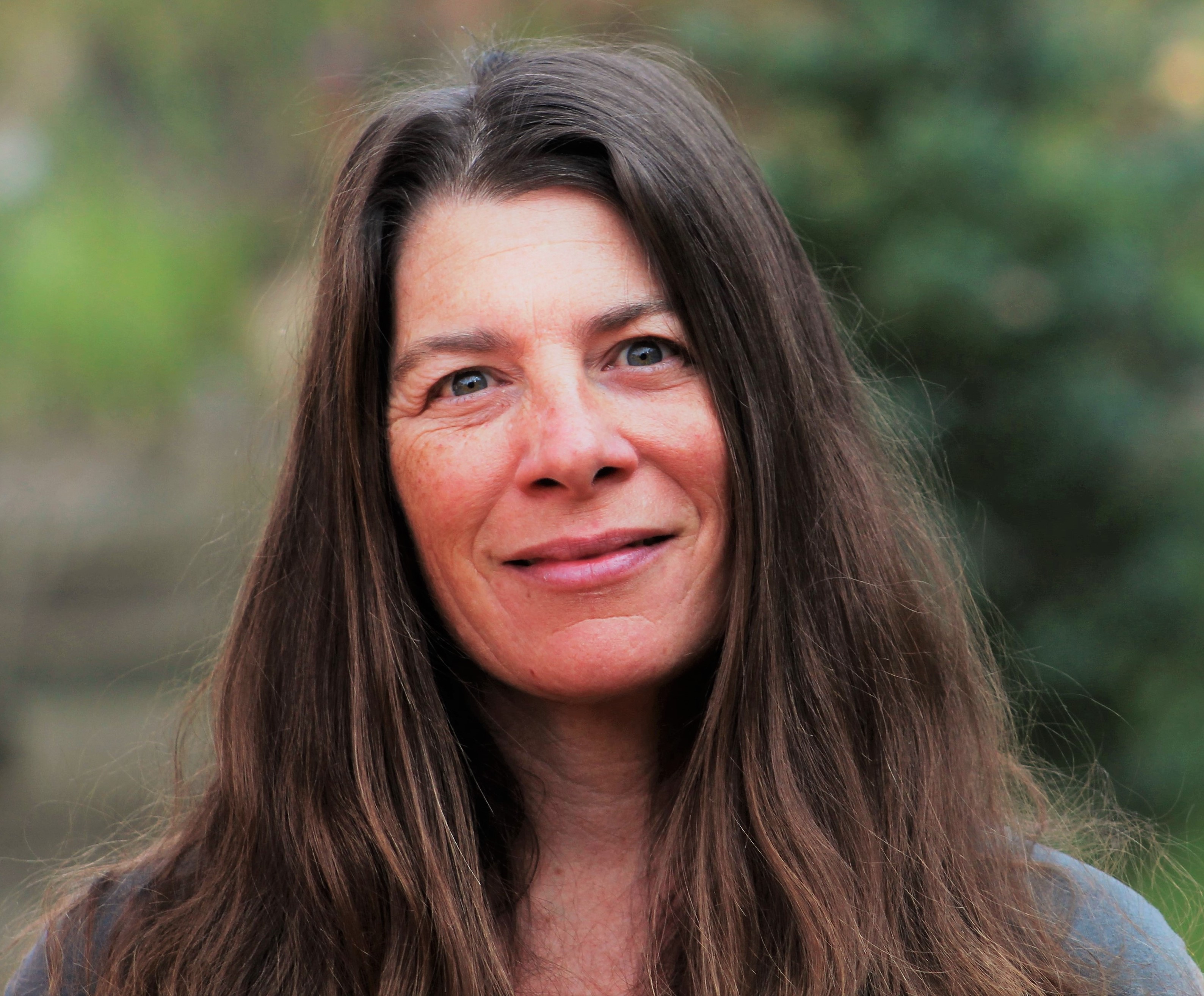 |
Joletta Belton, Writer, Research partner, and advocate who lives with pain.
Joletta is the Co-chair of IASP’s Global Alliance of Partners for Pain Advocacy, which brings together people living with pain, scientists, and clinicians to advocate for and facilitate the integration of lived experience into the study, research, and treatment of pain. She is the first Patient & Public Partnerships Editor for the Journal of Orthopaedic and Sports Physical Therapy, and blogs about making sense of her pain through science and stories at MyCuppaJo.com. She lives in Colorado and loves to spend time out in nature with her rescue mutt, Coco. |
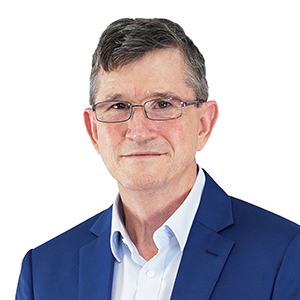 |
Professor Phillip Morris, Adjunct Professor QUT & University of Queensland, Board Director Spinal Life Australia, and Advocate for people with Spinal Cord Damage |
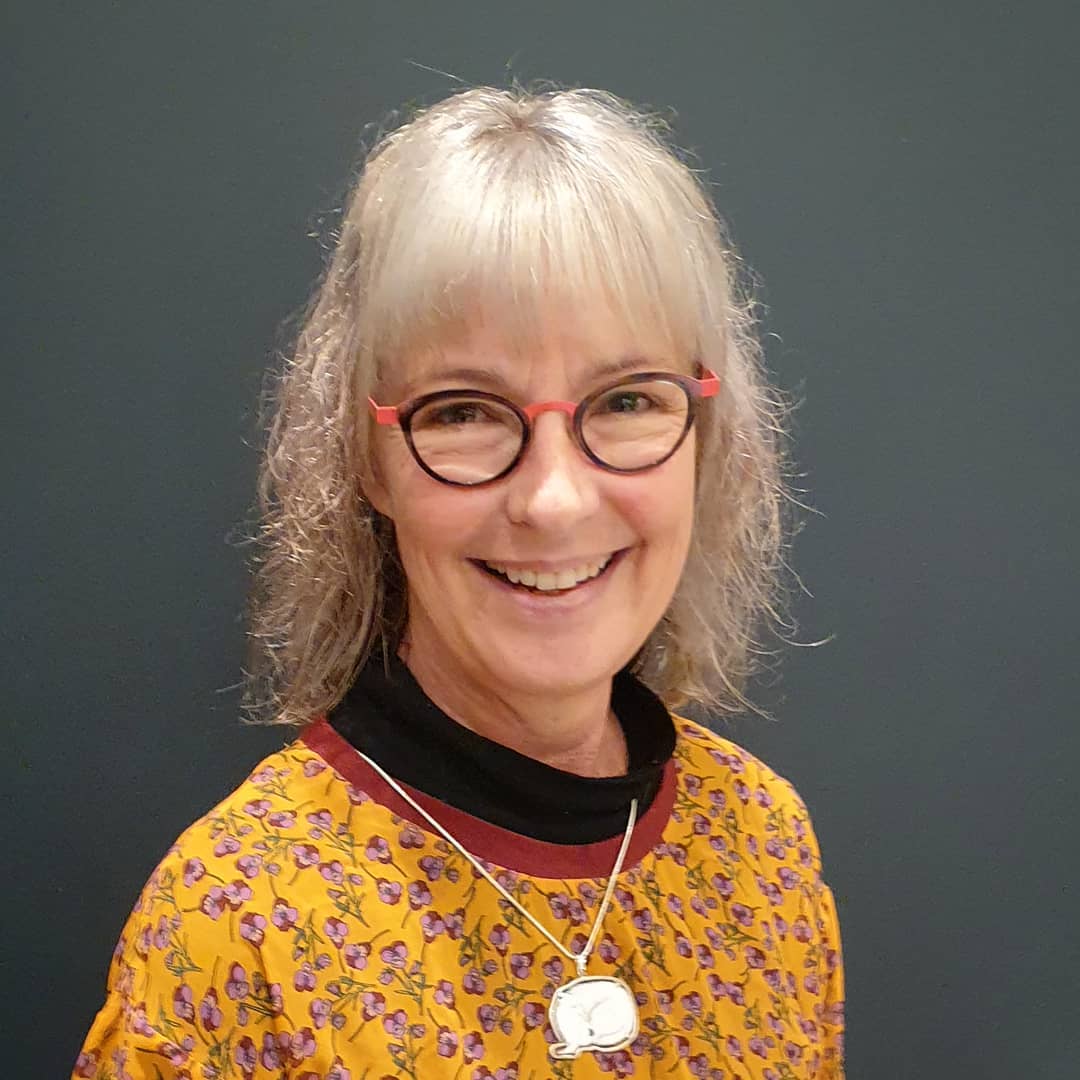 |
Dr Bronnie Lennox Thompson, Senior Lecturer, Department of Orthopaedic Surgery & Musculoskeletal Medicine, University of Otago, Christchurch Since 2002, Bronnie has worked as a senior lecturer on the postgraduate programmes in Musculoskeletal Management and Pain Management, and is now the Programme Coordinator for the Postgraduate Programmes in Pain & Pain Mgmt and Musculoskeletal Mgmt. For the past 9 years, she has been an active blogger on www.healthskills.wordpress.com. Her focus is on helping clinicians develop skills to help those who live with persistent pain, and primarily writes research-based articles on how to use these concepts in clinical practice. Her research interests are in clinical reasoning in persistent pain; daily coping processes used by people living with persistent pain; and the effect of postgraduate education on attitudes and practice of clinicians working in pain and pain management. |
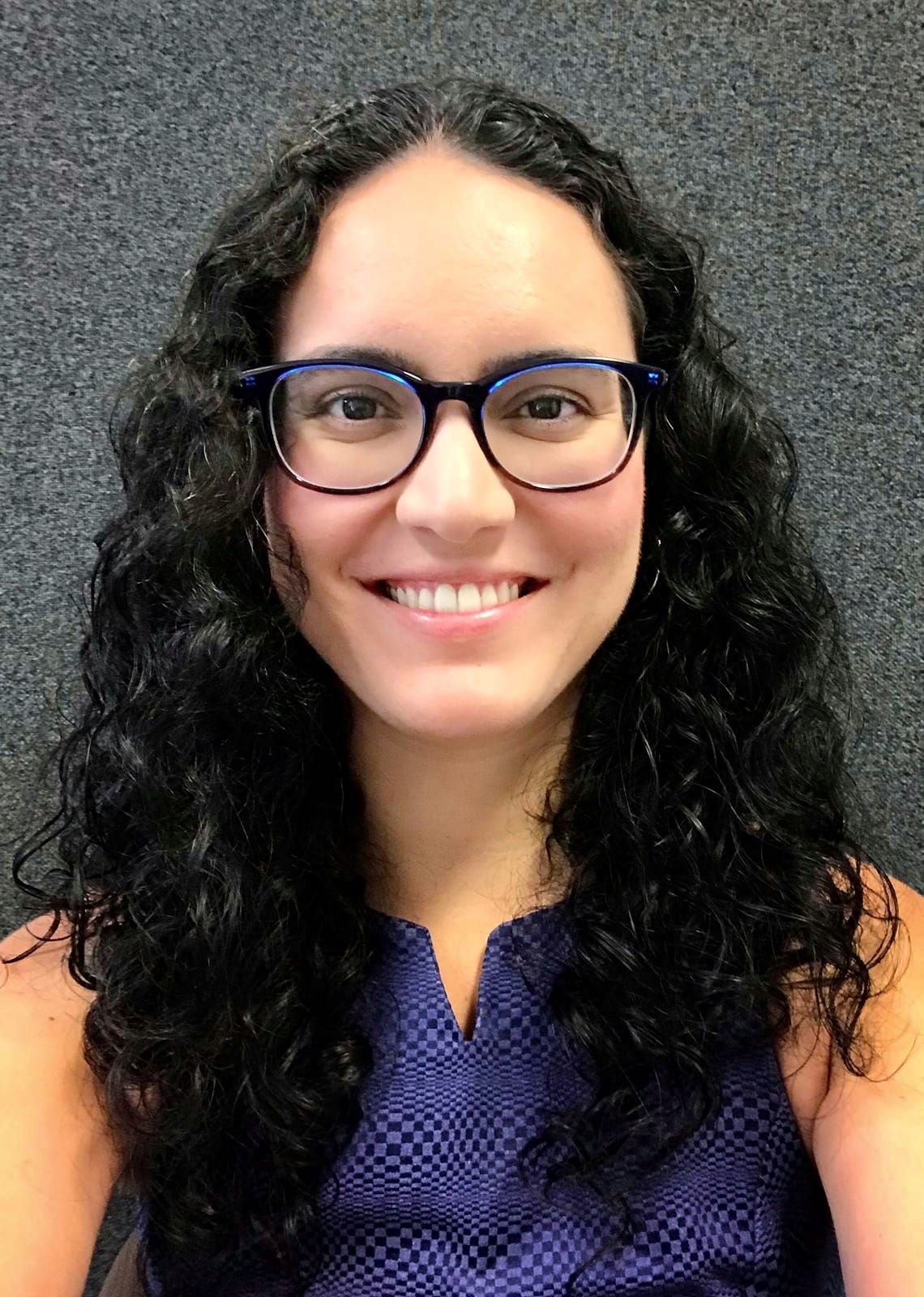 |
Karime Mescouto, Physiotherapist and a PhD candidate at The University of Queensland
Karime Mescouto is a physiotherapist and a PhD candidate at The University of Queensland, Australia. Her doctoral research is interested in enhancing low back pain healthcare delivery by critically looking at the biopsychosocial model of health. Her research uses a variety of critical qualitative methodologies and collaborates with clinicians and people with lived experience of back pain to challenge taken for granted aspects in clinical and research practices. She holds a master’s degree in Rehabilitation Science and a Graduate Certificate in Clinical Musculoskeletal Physiotherapy. She is a passionate physiotherapist aspiring to contribute to best practice care for people with chronic musculoskeletal pain conditions. |

